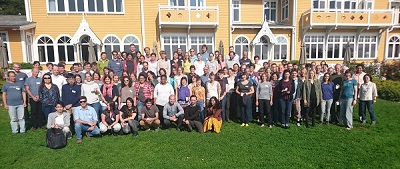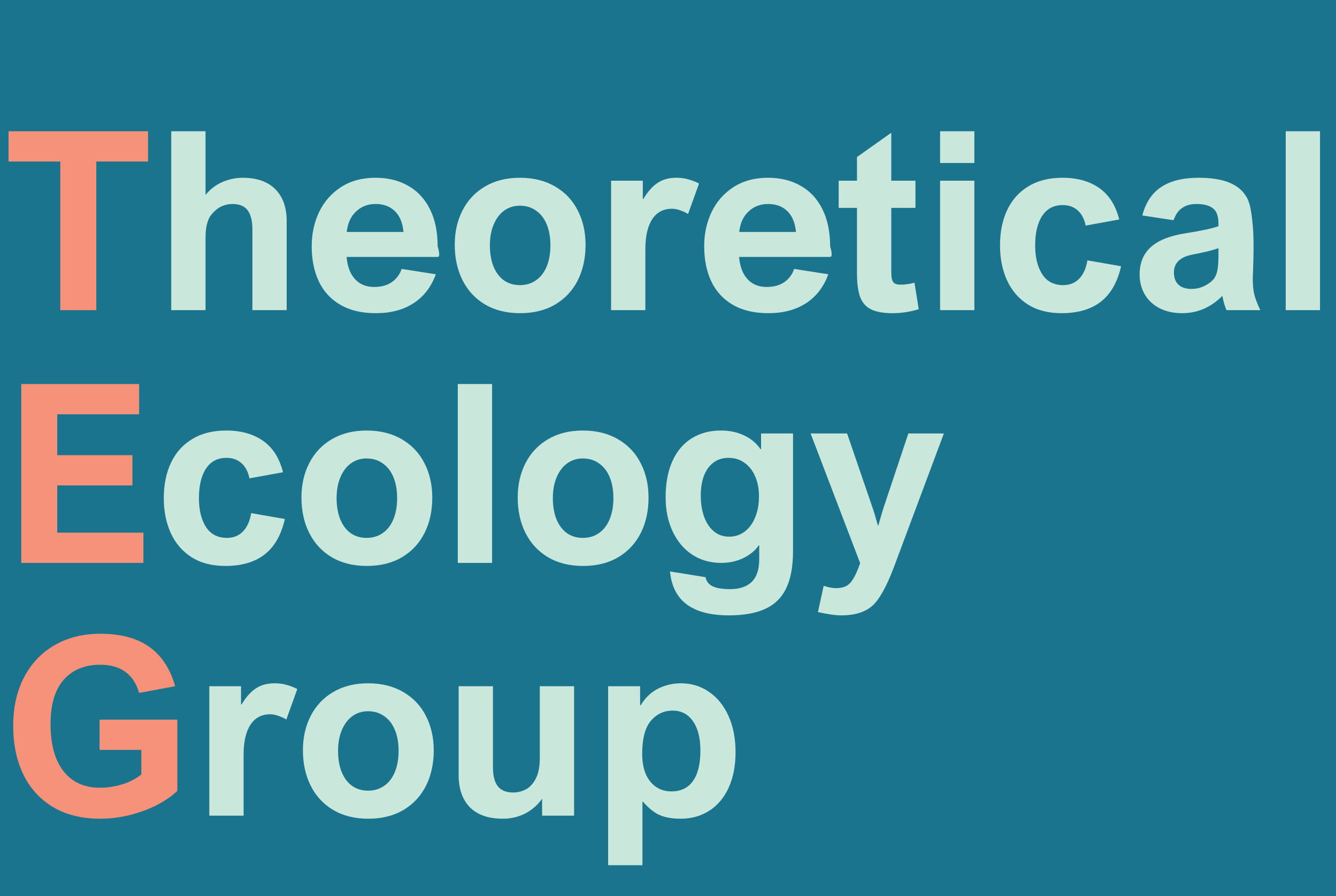Trait-based Marine Ecosystem Models

Biodiversity is the end point of a cascade of interactions propagating from individuals� life histories, behaviours and interactions with the environment they inhabit. Biodiversity and ecosystem structure are variables, not rigid parameters, and are predictions from - not input into - ecosystem models.
We have contributed to trait-based approaches in the marine oceanography community - in nutrient uptake in microbes, in the conceptual idea of how traits emerge in a trade-off between conflicting use of resources, and in the behavioural strategies of fish and zooplankton.
In 2017, we hosted the 'Third workshop on trait-based approaches in ocean science' - where 120 scientists from 31 different nations met over four days to discuss the topic - see here.
Scaling laws in phytoplankton nutrient uptake affinity
Frontiers in Marine Science. 3: 26. [ doi:10.3389/fmars.2016.00026 ] [ open access ] [ pdf ]
Modelling emergent trophic strategies in plankton
Journal of Plankton Research. 37: 862-868. [ doi:10.1093/plankt/fbv054 ] [ pdf ]
Trait-based models of nutrient uptake in microbes extend the Michaelis-Menten framework
Reviews in Limnology and Oceanography. 58: 193-202. [ doi:10.4319/lo.2013.58.1.0193 ] [ pdf ]
A mass-balanced pelagic ecosystem model with size-structured behaviourally adaptive zooplankton and fish
Ecological Modelling. 251: 54-63. [ doi:10.1016/j.ecolmodel.2012.12.007 ] [ pdf ]
Inherent and apparent traits in microbial nutrient uptake
Marine Ecology Progress Series. 440: 41-51. [ doi:10.3354/meps09355 ] [ open access ] [ pdf ]


